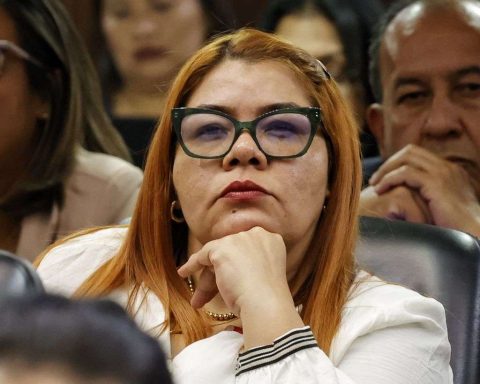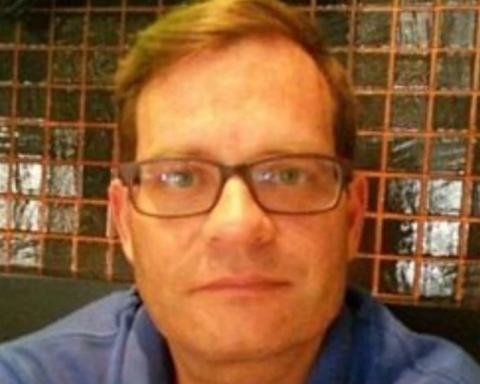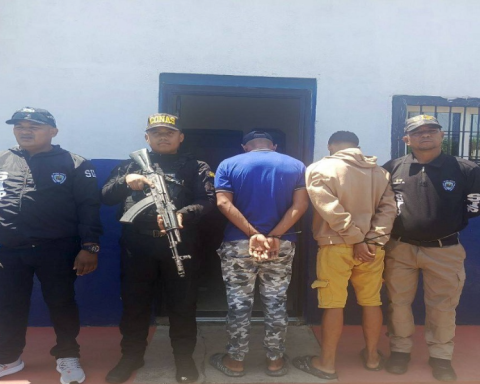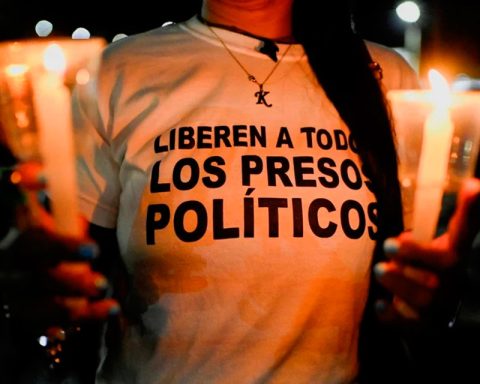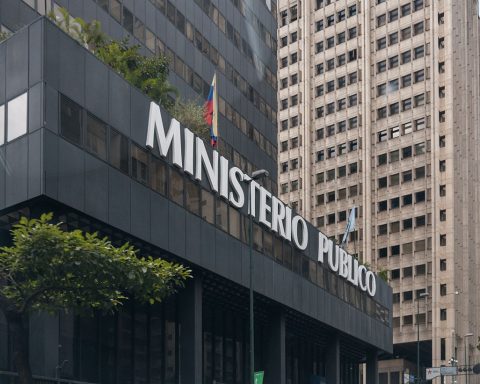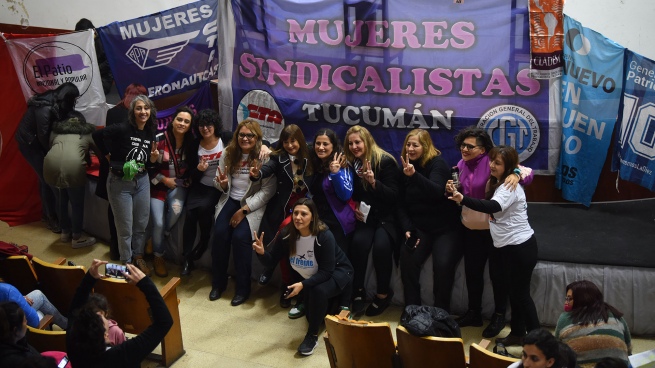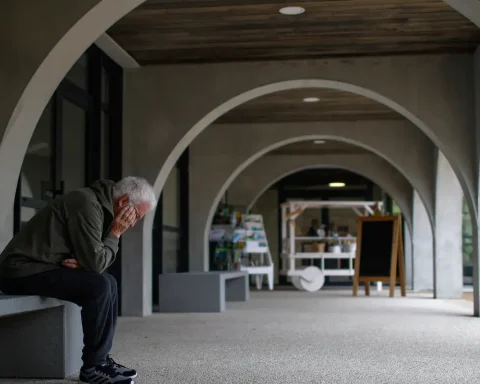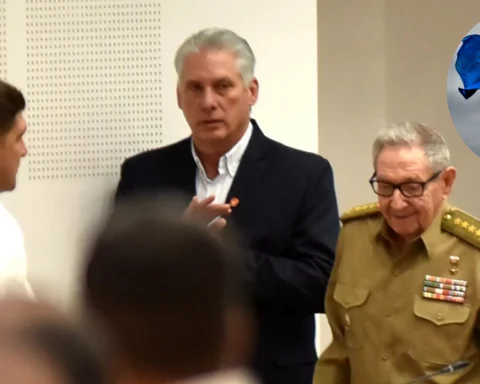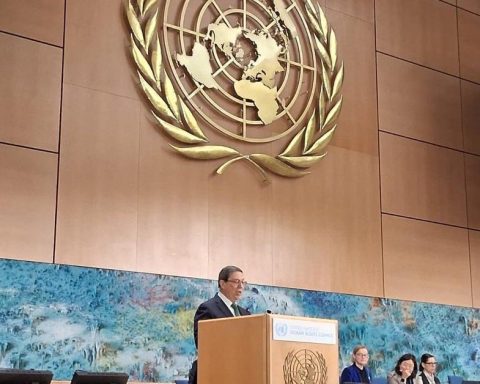
There is nothing easier than self-deception.
Since what every man wants is the first thing he believes.
Demosthenes
In a recent forum on relations between civil society and political parties, and when asked about the steps that must be taken to improve that relationship, Father Luis Ugalde, my fellow participant at the event, rightly stated that our greatest weakness as organizations political and social is to believe that we are strong, when in reality we are all weak today.
Ugalde’s statement may seem unsympathetic to the ears of some, but it is nonetheless true. Public opinion data shows an X-ray in which political organizations today, without exception, are perceived as diminished, distant from the people and deserving of little trust and credibility. But this is not exclusive to political parties. Perhaps with the sole exception of the universities and the Catholic Church, which continue to be the institutions that permanently generate the greatest trust in Venezuelans, many of the well-known social organizations do not escape this situation of weakness.
Of course, internal factors have influenced the organizations to reach this unfortunate situation, such as the lack of legitimacy of their leaders, the sterile desire to lead some characters, the pre-eminence of private agendas and the insistence on putting the center of action political and social in areas far removed from the priorities of the population.
But it would be unfair to leave aside the variables of an external nature to the organizations. This decisively includes the repressive action of the government, which has persecuted and imprisoned a significant number of political and social leaders (many of them grassroots leaders and therefore not well known at the national level), the effect of forced migration and the impact of the complex humanitarian crisis, to name just the three most important.
The truth is that the above combination of factors, plus the often forgotten fact that in today’s Venezuela doing politics or transformative social work is considered a criminal activity by the State-government, has caused our political and social organizations to today find themselves in a situation of evident and demonstrable comparative weakness. But our greatest weakness is, paradoxically, not realizing that reality.
Being unaware of our own weakness and thinking that we are strong leads to the temptation of wanting to impose ourselves on others, naively believing that the other is not needed and not accepting to change our way of doing politics or acting. In addition, whoever believes himself to be strong does not seek to meet people, but illusorily aspires to be the people who approach and follow him.
Instead, it is only from the intelligent recognition of our current weakness that we can begin to build a powerful political-social movement that effectively and realistically leads the tasks of the democratic liberation of the country. It is at this time that admitting our weaknesses becomes one of the greatest strengths we can have. Why?
Because only when we recognize our weakness is it possible to make an objective and not fanciful inventory of our own capacities, which are the basis for designing credible and effective plans of action. But, in addition to that, the recognition of one’s own weakness forces one to travel in two intelligent and necessary directions.
One is to trust others, to understand the importance of working and coordinating actions with others, to humbly recognize that unity is not an accommodating slogan or a discursive adornment, but rather an unavoidable requirement to turn each one’s weakness into the strength of the common, and that without it no political change is possible.
The other direction in which the acceptance of our weakness leads us is to reencounter with the people, to assume them as the political subject of transformation and accompany them in their struggles, to stop talking to the same people as always in controlled settings and go to listen and learn from the people who today distrust their organizations because they followed the urgencies of their own agendas and not that of the immense population suffering in demand for change.
Yes, today we are all weak. But this, instead of becoming a defeatist and hopeless stigma, its recognition can be the beginning of a necessary transformation process within our organizations, in their way of doing politics and of relating both with the population and with other actors. social and political. In this way, the weakness that characterizes us today -more than a tragedy- and the actions that we consequently and realistically assume in the face of this condition, may become the ignition point that begins to restore strength in our organizations, and rekindle hope for change in a tired and distrustful population.
@angeloropeza182

